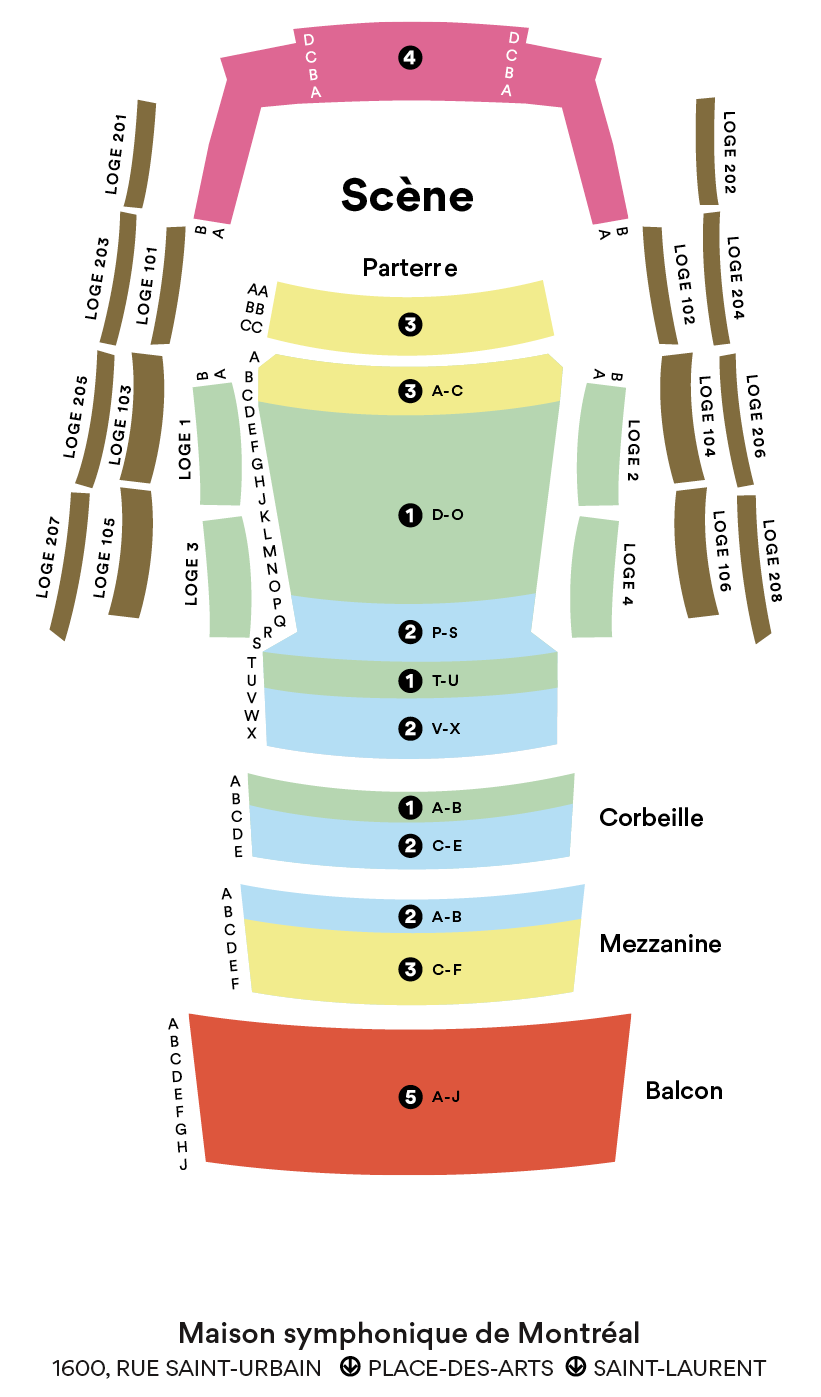La nuit et l’amour
Augusta Holmès
1847 – 1903
The bold composer refused to be limited to writing feminine salon pieces, and was determined to produce grandiose symphonic and lyrical works normally reserved for men. In addition, she published under her own name—women often used male pen names at the time to avoid discrimination—and she retained full ownership of her work.
Born in Paris to a music-loving Irish family, young Augusta was a gifted pianist and singer who took to composition quickly. Her work was performed in some of the biggest concert halls, earning admiration from her male colleagues like Franz Liszt and César Franck.
Augusta Holmès was known for her patriotic music. La nuit et l’amour is a symphonic interlude taken from Ludus pro patria (patriotic games), a symphonic ode she composed in 1888 in honour of France.
Her most well-known work today is her Christmas song, Trois anges sont venus ce soir, popularized by Tino Rossi at the end of the 1930s.
Suggested Gallimard readings to enhance your experience:
La mélancolie de la résistance, László Krasznahorkai, Folio
@Marilou Garon
